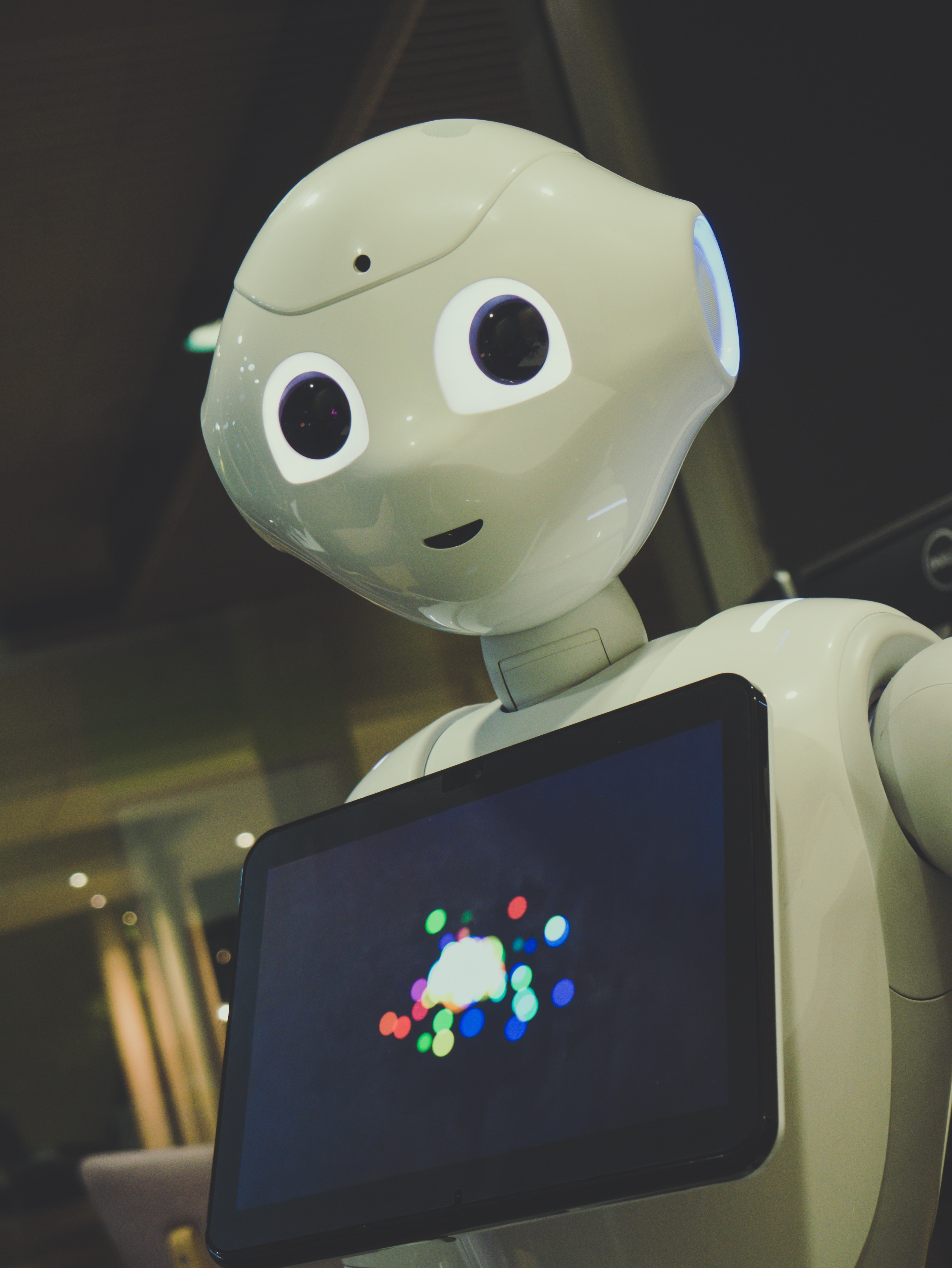Recent years have made huge strides when it comes to natural language processing. This, coupled with significant developments in language models and AI, has led to massive creations such as chatGPT, which have taken the marketing world by storm.
While many are using similar tools to generate all manner of content, the truth is that most of these AIs have a long way to go. For example, it only takes a bit of effort to notice whether or not a natural person or a machine wrote the content.
Generic & Biased Content
When writing this article, for instance, artificial intelligence (AI) can only make generic lines and statements. While it can quickly fill entire pages with content, most, if not all, of it will be universal statements that are hard to deny. Dependent on the model that creates it, content generation is a simple formula that offers a universal answer instead of one that is opinion based.
This translates not just to the content but to the writing style. AI will often repeat many words, phrases, and sentences. When complete, the content eventually starts to look generically the same.
On the topic of opinion, this also circles back to the model of AI. Since it bases the content on preexisting templates, an AI engine can have a built-in bias towards or against a particular topic. Yet, it may also provide the same generic answer to others on a similar subject with no flavor or alternate viewpoint.
Emotionless & Unimaginative
On the topic of being flavorless, all the generic phrases and similar sentences can easily make the content look bland, uninspiring, and boring. But on the other hand, humans tend to bring a lot of emotion into whatever they do, which can often be visible in their work.
"AIs tend to lack human ingenuity. Instead, focusing on speed. It saves time, increases efficiency, and satisfies the user with an answer, no matter how boring it may be."
Humans can put their heart and soul into their work, which resonates with their writing style and content. This engages readers with whatever they are reading and invokes emotion. However, as mentioned above, an AI will get information from its database and present it to you. It is the main reason why most AI content is dry and uninteresting.
AI Content May Generate Legal Issues
Pursuing knowledge is a noble journey, but one must consider the source of the content, both from an educational and legal perspective. Recently, many people have gotten their information straight from AI generators.
Most of this information has been labeled wrong entirely, and people have even begun to wonder where the AI received this information. As a result, AIs will always need help with content dependent on numbers and figures.
It occurs because most of the information pool it takes from other content around the Internet may be outdated or inaccurate. Other times, it will attempt to warp information to suit your question. Furthermore, most AI tools will keep the source of the content private. So, you can't be sure that the AI's information is even accurate. There may also be copyright issues when you are not the original author and do not own the rights to the published material.
Final Thoughts!
Many people, especially content writers, fear AI will put them out of a job. However, this is different from where AI is today. Regardless of how fast and efficiently an AI engine can churn out content, it will always need a human being to add emotion and confirm the credibility of its content. That's why there are no chatbots here at IntelliReach.Social. Just us humans! Our clients can always count on our talented content team to produce high-quality, original content for their digital marketing campaigns.








